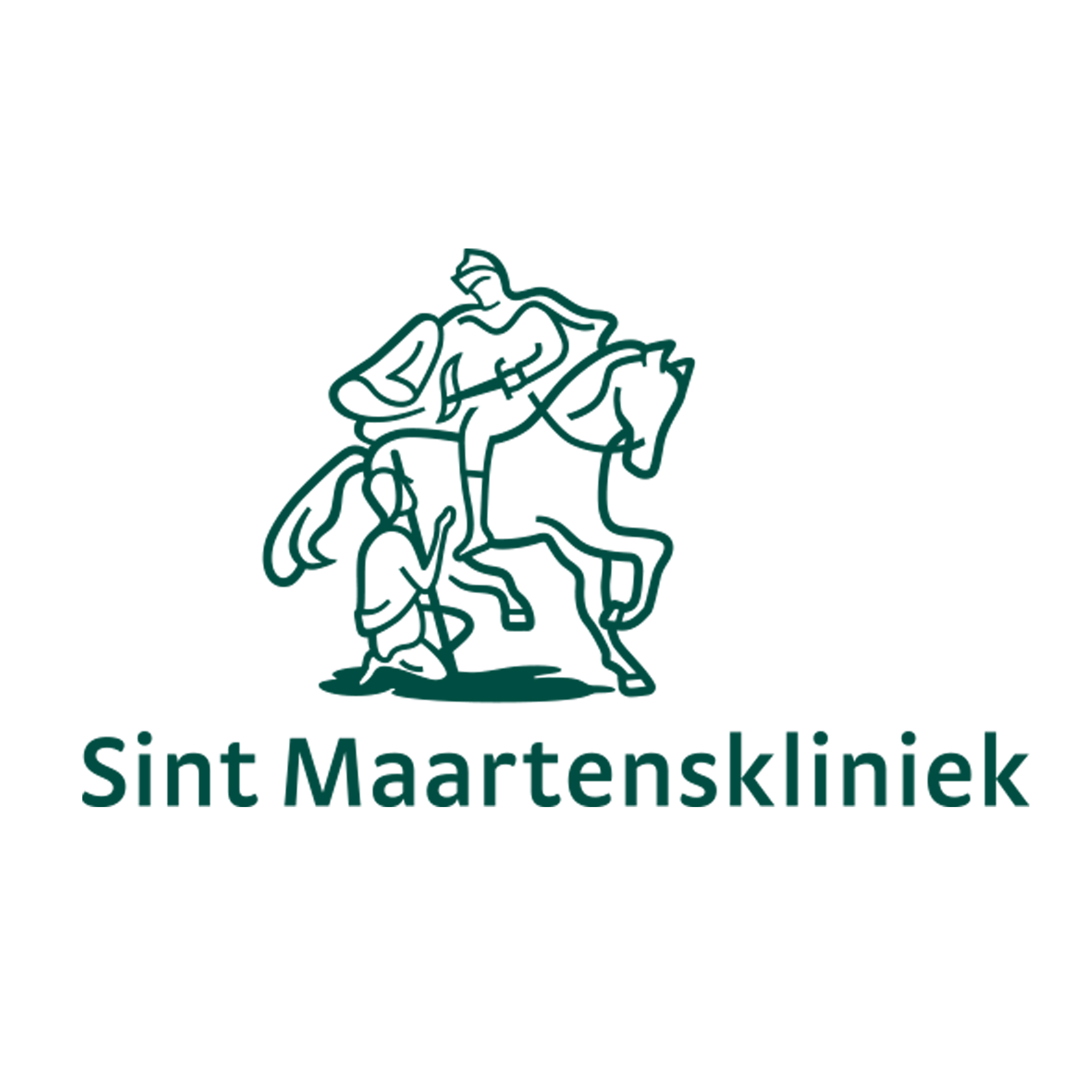Improving musculoskeletal injury rehabilitation
The challenge
At present, approximately 40% of the population is impacted by musculoskeletal pain and in need of physiotherapy services,[1] making it a prevalent issue. Factors such as sedentary lifestyles, stress, and the ageing population, along with the rise in chronic diseases, contribute to one in three individuals experiencing injuries or physical conditions that necessitate personalised rehabilitation services for effective treatment, as reported by the World Health Organization.[2]
Healthcare providers face substantial costs in treating these injuries and pathologies, both in terms of treatment duration and the necessary resources for effective management. In fact, one-sixth of the funds allocated by health insurers are dedicated to addressing these injuries, making them a significant financial burden.[2] Moreover, they are the primary cause of sick leave among employees, accounting for up to 48% of absences in the workforce.[2]
The gravity of the situation is exemplified by the existence of waiting lists in certain cases, and in the most severe instances, some patients are left unattended. Consequently, the current scenario has resulted in a distressing reality where nearly half of the population (over 390 million people in Europe and 1 billion people globally) are unable to access these rehabilitation services when they require them.[2]
To overcome these musculoskeletal injury rehabilitation challenges, there is a need for a tool which helps healthcare professionals become more efficient, while maintaining a personalised approach and human monitoring in a clinical setting.
The solution
The TRAK project develops a product which is a Software as Medical Device (SaMD) for the remote treatment, monitoring and functional assessment of patients with musculoskeletal injuries during their rehabilitation process. Using an artificial vision algorithm with the camera of the patient’s device, the platform can identify up to 20 body points to give real-time feedback on the exercise and extract data on its evolution.
TRAK consists of a WebApp aimed at both healthcare personnel, specifically physiotherapists or rehabilitation doctors, and patients. Its purpose is to allow healthcare staff to manage the evolution of the patient’s pathology; and in the case of the patient, to give them the possibility of exercising with an artificial vision algorithm that offers measurements and corrections in real time, and with a gamified experience.
The innovative technology created by TRAK not only upholds the current quality of patient care services but also enhances their effectiveness, expediting patient recovery through improved treatment adherence and heightened user satisfaction. Moreover, this technology significantly reduces the time required for physiotherapists to monitor the progress of individual patients.
Expected impact
TRAK currently collaborates with over 30 physiotherapy clinics and 37 private hospitals and nursing homes, both nationally and internationally. Through these partnerships, TRAK has successfully provided rehabilitation services to more than 7,000 patients. Considering the market opportunity to reach 5,906 healthcare professionals across Europe by 2028, with an average of 5 physiotherapists per institution, this would encompass approximately 1,200 institutions. Based on current usage as a benchmark, a proportional estimation indicates the potential to impact around 1.5 million patients by 2028.
On average, each patient performs 14 rehabilitation sessions within TRAK, with each session lasting approximately 30 minutes and consisting of 10 exercises. Considering the potential to target 1.5 million patients by 2028, this would result in approximately 20 million rehabilitation sessions, accounting for 10 million hours of TRAK usage and 200 million completed exercises. Assuming that 20% of these sessions would substitute face-to-face sessions if business travel were reduced and teleconferencing increased, it is estimated that approximately 25 million tons of CO2 could be saved per year.
As digital physiotherapy sessions can be reimbursed at a rate of 3€ (based on our current client deals), which is half the cost of a face-to-face session, and taking into account our potential to provide 20 million rehabilitation sessions, TRAK can generate over 50 million euros in savings for its clinical partners. These savings not only benefit the partners financially but also help alleviate the burden on hospitals, reduce waiting lists, and improve the overall quality of service provided to patients.
External Partners
TRAK Health Solutions (Activity Leader)
References
[1] Sciences, N.A. of, Engineering and and Medicine; Health and Medicine Division; Board on Health Care Services; Committee on Identifying Disabling Medical Conditions Likely to Improve with Treatment (2020) Musculoskeletal disorders, Selected Health Conditions and Likelihood of Improvement with Treatment. Available at: https://www.ncbi.nlm.nih.gov/books/NBK559512/ (Accessed: 14 November 2024).
[2] Rehabilitation (no date) World Health Organization. Available at: https://www.who.int/health-topics/rehabilitation#tab=tab_1 (Accessed: 14 November 2024).
Partners

CLC/InnoStars: Belgium-Netherlands
Partner type: Associate Partner
At the Sint Maartenskliniek everything revolves around human movement. As a specialised hospital, they lead in the treatment of disorders related to posture and movement in the Netherlands, and across Europe. They are constantly looking for new and better ways of working including conducting structural scientific research to see how well existing treatments work and developing new treatment methods.
Sint Maartenskliniek
Sint Maartenskliniek, Hengstdal 3, 6574 NA Ubbergen, The Netherlands
